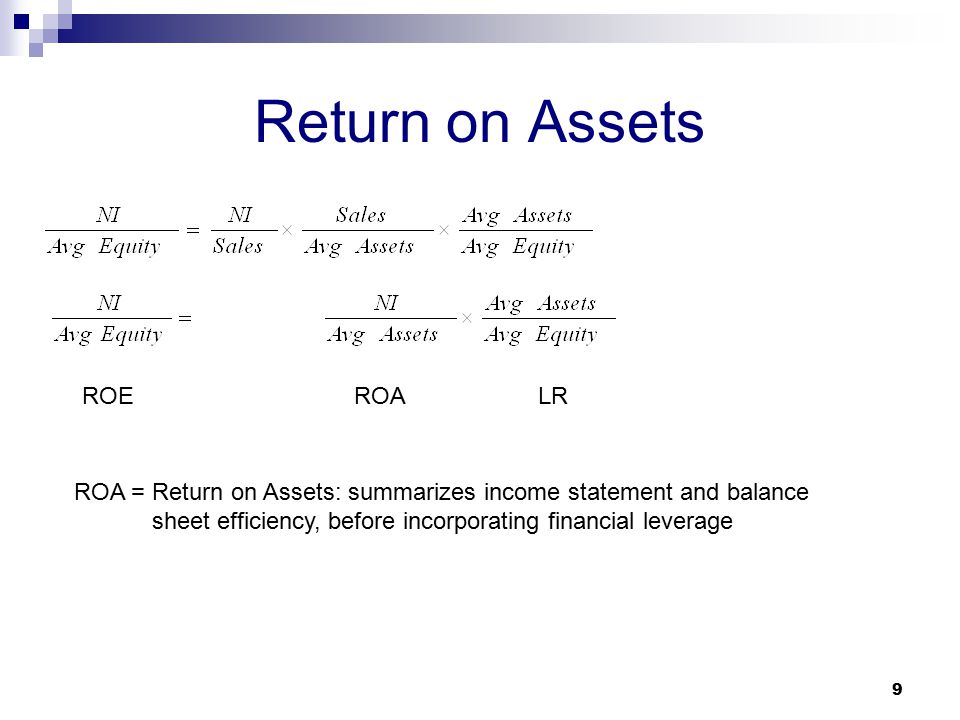Yearwood. Thank you, Mr. Meeks. Thank you for your leadership on Caribbean issues. I am going to tackle two problems here mostly, and I will leave my colleagues to address a few of the others. I believe among the key concerns that the Caribbean has is competitiveness. And I believe to make better use of U.S.- Caribbean trade contracts a great deal of the competitive issues need to be attended to - How to finance building a home. I pointed out in my statement that the IDP they are doing a great deal of work on trade facilitation. That is going to be essential to getting the Caribbean more able to type of have single windows, lower the costs of transport, and decrease the cost of clearance in moving goods.
Problems such as traveling from one Caribbean island to the other can be more costly than going to Miami and then returning down. So there are a lot of problems that the Caribbean needs to tackle in order to become a more competitive place to do service and to trade more successfully. I didn't desire to, nevertheless, not take the opportunity to say something about Haiti. I did live there for 13 years and I do follow what is going on there really closely. And I think it is exceptionally vital that the HOPE bill not simply go to 2020, but go-- there has to be some sustainability to what is going to be successful the HOPE costs following 2020.

Parliament is shaky to state the least, type of an interim President that might or may not constitutional. I am not a Haitian constitutional specialist, but I have concerns. However at this point in time, what Haiti needs more than anything else when this particular juncture of political trouble is gotten rid of, Haiti is going to require sustainability and stability to its relationship for trade and financial investment with the United States. So I believe that is a vital issue that the Congress needs to keep its eye on. Thank you. Mr. Meeks. Yes, sir. Mr. Farnsworth. If I might just strengthen what Sally simply stated, the problem of competitiveness is genuine and we handle the organization neighborhood all the time.
And so there has to remain in my view a singular attention to investment environment problems. Energy belongs to that. It is certainly not the only element. I think we also need to know unintended consequences. And you have actually done some actually great clearly on the trade program, Mr. Meeks. Plainly the TPP is something that Council of the Americas supports. We appreciate your leadership and others of the subcommittee on that. But there are perhaps some unexpected consequences. And for example, when the North American Free Trade Agreement was very first passed one of the strongest supporters for something that became called NAFTA Parity was Ambassador Richard Bernal of Jamaica who entered into the U.S.
It is a good idea, however we desire to make certain that Jamaica and the other Caribbean countries are not adversely impacted by the trade and financial investment diversion that may go to Mexico as a result of Visit this site NAFTA. I think that was a really important point then and it is a very crucial point now. And to the extent that TPP goes forward, and again I hope that it does. I strongly support it and we hope that it is a near term problem. Nonetheless, with some new entrants into fabrics, for example, and agriculture that are highly competitive in the worldwide environment that will impact nations in the Caribbean Basin.
All about What Was The Reconstruction Finance Corporation
taxpayer help to which we support, but once again the issue is among trade and financial investment diversion. We need to beware that doing the "ideal thing" with other economies we are not adversely affecting some economies which are currently worried. Therefore what is the answer here? I think the answer is to go back to the initial concept in some method of NAFTA Parity just this is TPP parity, right? If Haiti, for instance, depends on the textiles trade with the United States, we I think need to make sure that whatever we carry out in TPP doesn't unnecessarily undermine that or doesn't create problems in a manner that Find more information would eliminate some of those advantages that Congress has worked so hard for many years to establish.
So my point is that if we look at these in a more extensive method, in a manner that where you have a great deal of various, integration of different strands, then I think we will concern a better place. Therefore as we are taking a look at these problems tactically, I just quite assistance the way that you are putting this in the context of it is not simply this concern or that concern or another concern, it is all of these together and how can we move on in an extensive integrated way in support of the Caribbean, and I believe that is what we need to keep primary in mind.
Bernal. Let me begin by thanking you, Congressman Meeks, for your constant leadership on Caribbean concerns. In selling timeshare scam reaction to the issue that you raise, I think that the onus is not just on the U.S (Which of these is the best description of personal finance). but is on the Caribbean. We in the Caribbean need to do some things to make it simpler for business to run and to become worldwide competitive. I stay convinced that if we create the right type of environment in between the U.S. and the Caribbean that there is private sector effort on financial investment and there are chances, extremely real chances which can occur by combining Caribbean and U.S.